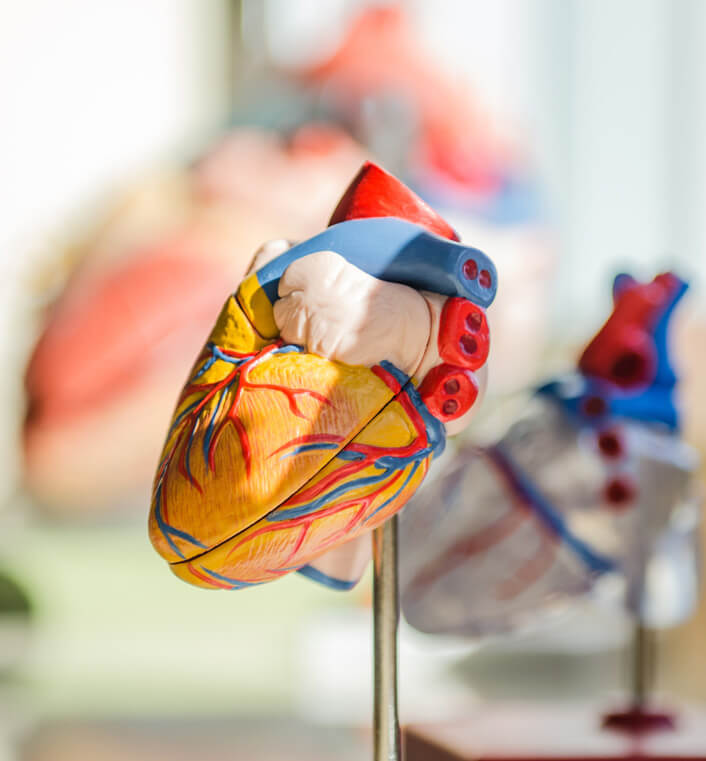What is Diabetes?
Diabetes is a disease in which the body does not produce or properly use insulin. Insulin is a hormone that is needed to convert sugar, starches, and other food into the energy needed for daily life. The cause of diabetes is a mystery, although both genetics and environmental factors (such as obesity and lack of exercise) appear to play roles.
Type 1 Diabetes
Results from the body’s failure to produce insulin, the hormone that “unlocks” the cells of the body and allows glucose to enter and fuel them.
Type 2 Diabetes
Results from insulin resistance (a condition in which the body fails to properly use insulin) combined with relative insulin deficiency. Most Americans who are diagnosed with diabetes have Type 2 diabetes.
Gestational Diabetes
Diabetes that begins and ends with a pregnancy and delivery. Women with gestational diabetes are at a much higher risk of developing Type 2 diabetes later in life.

Diabetes Educational Services:
- Diabetes process and treatment options
- Prevention, detection and treatment of acute complications
- Nutrition Management
- Prevention, detection and treatment of chronic complications
- Self-monitoring of blood glucose
- Physical Activity
- Eating Disorders
- Emotional Issues
- Medications
- Strategies to promote health and behavior change
- Diabetes preconception/pregnancy management

